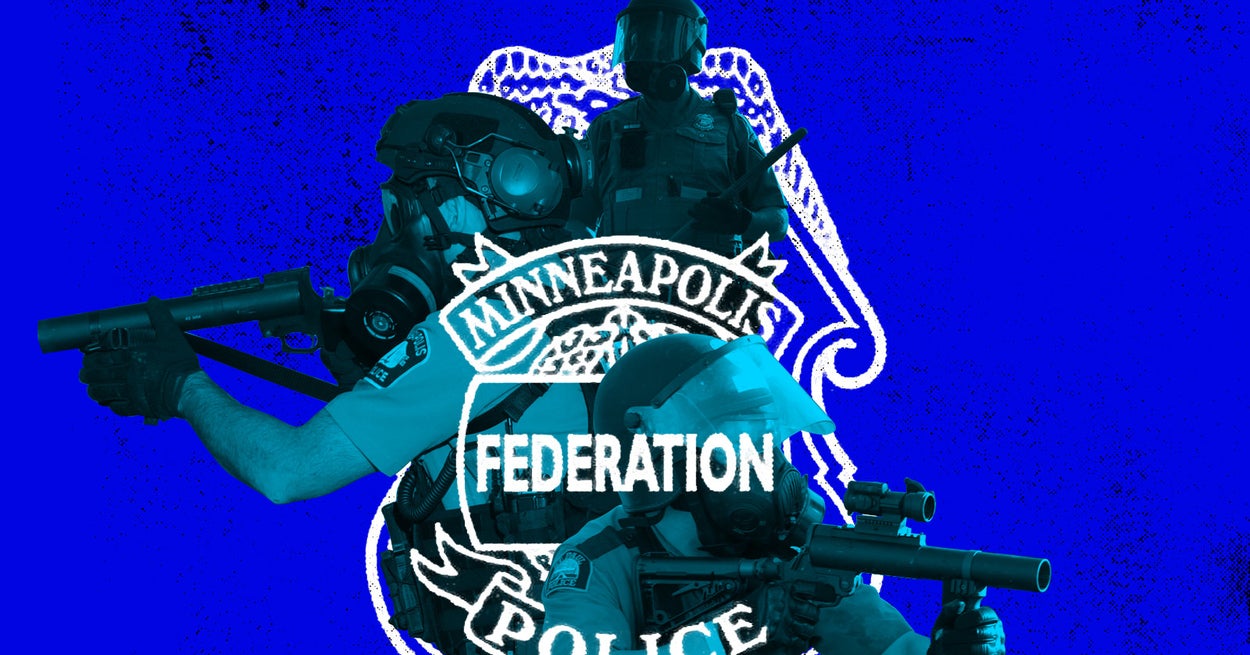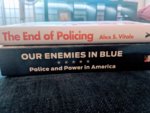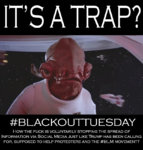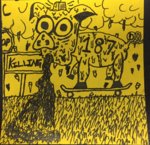I think we need to remember to center black voices. I need to remember that too.
Layla F Saad is a black woman that is doing so much work to educate. White people, we need to do the work. Please. I urge you to look into ordering a copy of Me and White Supremacy and to do her 30 day exercise. I did it last year and learned so much about the racism and prejudices I hold inside because of our society. And how I must continually work to undo it and to learn.
LAYLA F. SAAD
I am soon going to do the exercise again. If anyone is interested in going through the exercise together, please let me know. It is really tough work that made me very emotional several times. I found it helpful to have someone doing it at the same time. We could then bounce our ideas and thoughts and questions off of each other without asking our black friends to undertake even more emotional labor. If you do not want to do the exercise with me, I'm totally cool with that, it isn't about me. It is about doing the work - just do find someone to go through it with.
If black people are telling us, time and time and time and time again that the justice system is prejudicial and is racist, we must believe them. Sure, there are good cops. But I equate saying that with saying, "All lives matter". It is not the time. We are at this point because the bad cops have more weight than the good cops. I'm not asking anyone to turn on their family and friends because they are cops. I am asking everyone to think, to have the uncomfortable discussions, to do the work, to listen. And if you don't agree with the movement, maybe just don't say anything?




